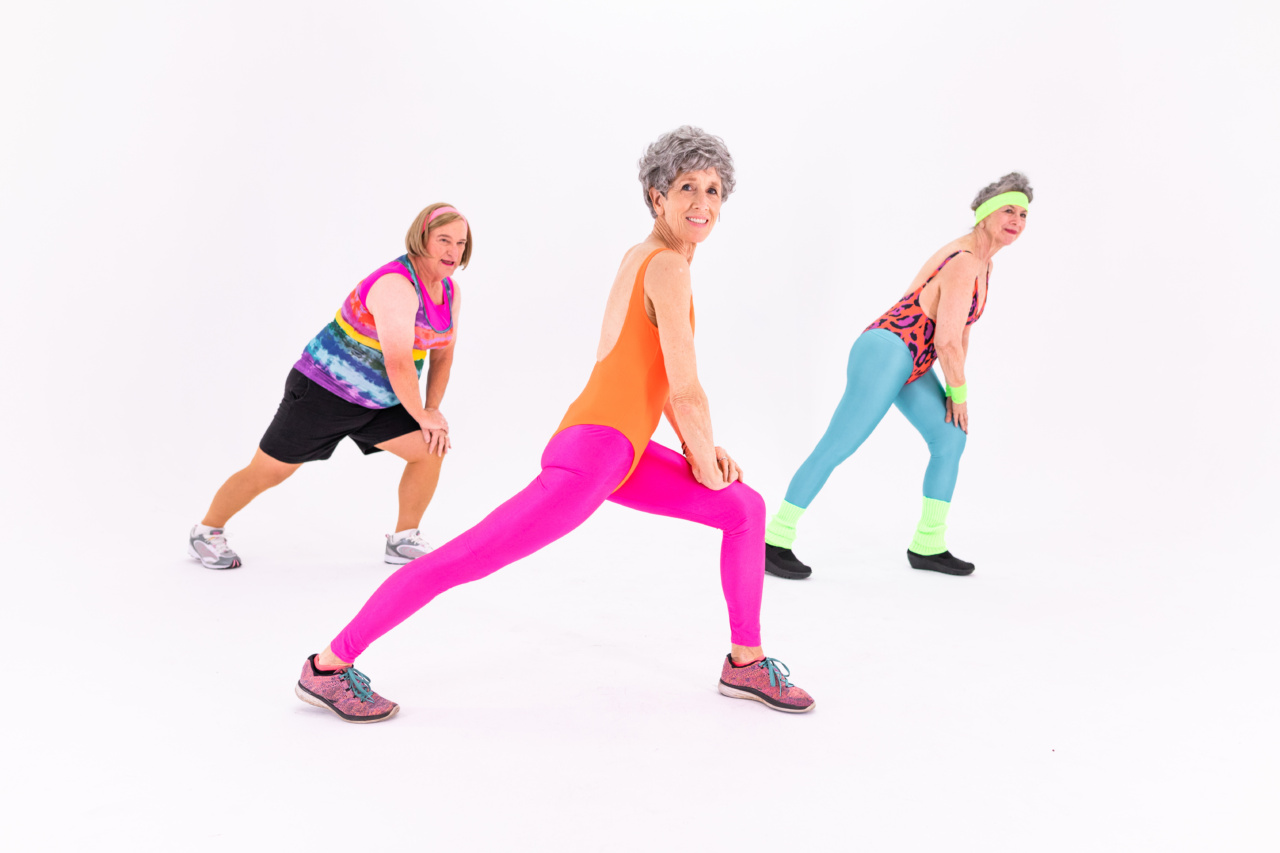Sexuality is a fundamental aspect of human life that continues to exist throughout the entire lifespan. However, as individuals age, a range of physical, psychological, and social changes can create barriers to sexual activity and intimacy.
Seniors, despite their wisdom and life experience, may experience various challenges that affect their sexual health and relationships.
Physical barriers
One of the primary barriers to sexual activity in seniors is the physical changes that occur with age. As individuals grow older, their bodies undergo numerous transformations that can impact their sexual functioning. Some of these changes include:.
- Decreased hormonal production: Seniors may experience a decline in hormone levels, such as testosterone in men and estrogen in women, which can affect libido and sexual desire.
- Erectile dysfunction: Many older men may experience difficulties in achieving and maintaining erections, making sexual intercourse challenging.
- Vaginal dryness: Menopausal women may encounter vaginal dryness, causing discomfort during sexual intercourse.
- Chronic health conditions: Seniors often have various chronic health conditions, such as arthritis or cardiovascular diseases, which may limit their physical abilities and impact their sexual performance.
Psychological barriers
The psychological barriers to sexual activity in seniors can be influenced by various factors, including:.
- Body image: Aging can lead to changes in physical appearance, and seniors may struggle with body image issues, affecting their confidence and willingness to engage in sexual activity.
- Depression and anxiety: Mental health issues such as depression or anxiety can significantly impact sexual desire and pleasure in seniors.
- Sexual history and experiences: Past traumatic experiences or unsatisfactory sexual encounters can create psychological barriers to sexual activity later in life.
- Loss of a partner: The loss of a spouse or long-term partner can lead to feelings of loneliness, grief, and reduced interest in sexual relationships.
Social barriers
The social context in which seniors live can also present obstacles to sexual activity. Some of the social barriers include:.
- Attitude and stigma: Societal attitudes towards sex and aging can perpetuate stereotypes and create a stigma around older adults engaging in sexual activity, making seniors feel uncomfortable or ashamed.
- Lack of sexual education for seniors: There is often a lack of comprehensive sexual education specifically tailored for elderly individuals, leading to misinformation and misconceptions about sexual health.
- Cultural and religious influences: Cultural or religious beliefs may discourage or restrict sexual activity outside of certain norms, inhibiting seniors from exploring their sexual desires.
- Limited access to healthcare: Seniors may face barriers in accessing appropriate healthcare, including sexual health services, which can impact their overall sexual well-being.
Overcoming barriers to sexual activity in seniors
Although barriers to sexual activity in seniors are prevalent, there are strategies and interventions that can help overcome them. These include:.
- Open communication: Seniors should be encouraged to have open and honest discussions about their sexual needs and concerns with their partners and healthcare providers.
- Education and awareness: Providing comprehensive sexual education specifically tailored to seniors can help dispel myths, provide accurate information, and promote healthy sexual behaviors.
- Therapy and counseling: Mental health professionals can play a crucial role in addressing psychological barriers through therapy and counseling sessions.
- Medical interventions: Healthcare providers can offer medical interventions, such as hormone replacement therapy or medications for erectile dysfunction, to address physical barriers to sexual activity.
- Creating a supportive environment: Society should strive towards embracing the sexuality of older adults, promoting positive attitudes, and reducing stigma and age-related stereotypes.
Conclusion
Sexuality remains an essential aspect of life for seniors, yet numerous barriers can hinder sexual activity and intimacy. Physical, psychological, and social obstacles pose challenges for older adults, impacting their sexual health and relationships.
By addressing these barriers through open communication, education, therapy, and supportive environments, seniors can overcome challenges and maintain a fulfilling and satisfying sexual life.





























